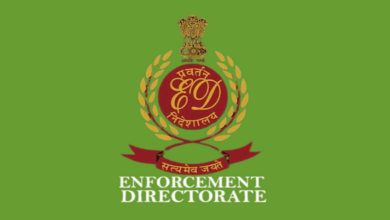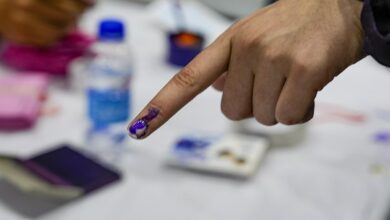Supreme Court grants bail to Delhi CM Arvind Kejriwal in excise policy case
NEW DELHI: In the excise policy dispute, the Supreme Court granted bail to Arvind Kejriwal, the Chief Minister of Delhi. Kejriwal had contested his detention by the Central Bureau of Investigation (CBI) in the excise policy issue and asked for release in a petition. The Supreme Court stated Kejriwal meets the triple requirement for the award of bail and we rule accordingly while giving him bail in the case.

Now, some six months after his first detention by the Enforcement Directorate and then the CBI, Kejriwal will be released from prison. On March 21, the ED detained Kejriwal in accordance with the Prevention of Money Laundering Act (PMLA). Later on June 26 of this year, the CBI took him into custody.
Kejriwal was sent to the Tihar prison in Delhi. He was out of prison for a short while during the Lok Sabha campaign.
Why did the Supreme Court give Arvind Kejriwal bail?
1. According to the Supreme Court, “arresting a person already in custody is not hindered.” Notably, Kejriwa was detained by the CBI during his judicial custody.
Justice Bhuyan stated, “It appears only after TC granted regular bail to appellant in ED case, that CBI became active and sought custody.” “It [the CBI] didn’t feel the need to arrest for over 22 months,” he said. Such behavior calls into doubt the arrest process itself.
In the September 5 Supreme Court hearing, Kejriwal’s attorney, Abhishek Singhvi, claimed that the CBI failed to apprehend the Delhi chief minister for over two years in connection with the purported excise policy scandal.
Following his release on bail in the Enforcement Directorate’s (ED) “harsher” money laundering case, Singhvi had claimed that a “insurance arrest” had taken place on June 26. While Kejriwal was still being held, the CBI nabbed him on June 26 after the ED had arrested him on March 24 of this year.
According to Singhvi, Kejriwal was detained by the CBI between May 10, when he was given bail for the Lok Sabha elections, and the July 12 ruling of the Supreme Court. On June 2, Kejriwal was back in prison; the next ruling was due on July 12. On July 12, the Supreme Court granted Kejriwal provisional bail in the money laundering case.
The attorney was cited by Bar and Bench as adding, “Then, on June 25, this arrest took place in the CBI case even though no arrest ever happened in three years.”
Among the justices who delivered the decision on Friday was Justice Surya Kant, who said, “We have noted that the CBI, in their application, recorded reasons as to why they deemed it necessary.” No S.41A(iii) violation has occurred.
2. The Supreme Court determined that Kejriwal “satisfies [triple] test for bail” and added that it is unlikely for the trial to be completed “in the immediate future.”The “CBI’s appearance raises more questions than it answers,” according to Justice Bhuyan in the interim.
According to the court, three questions have been formulated in light of arguments. We’ve formulated three inquiries. Judges Surya Kant were described by Live Law as questioning “whether there was illegality in the arrest, whether appellant should be allowed regular bail, and whether filing of chargesheet is change in circumstance enough to relegate to TC.”





